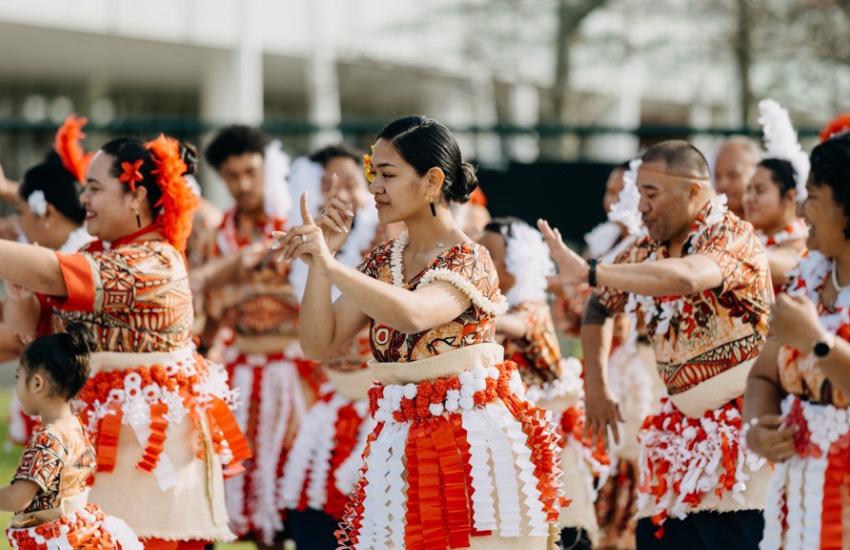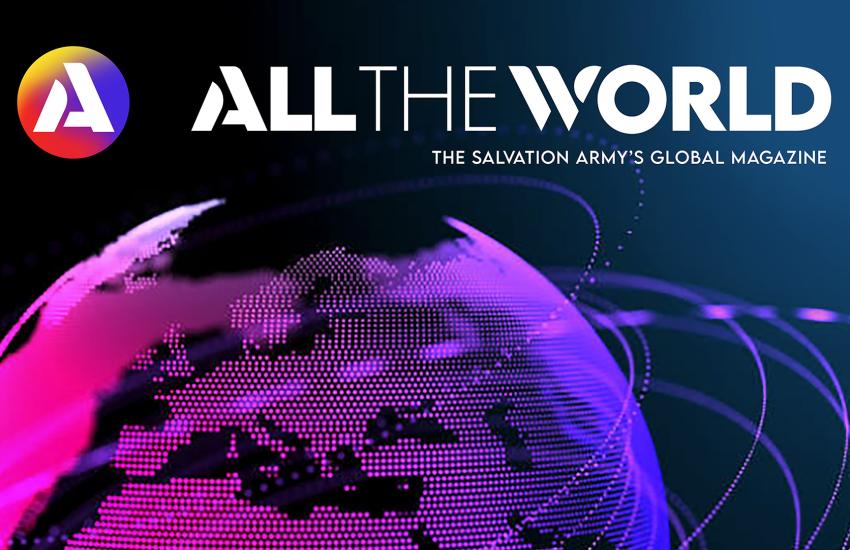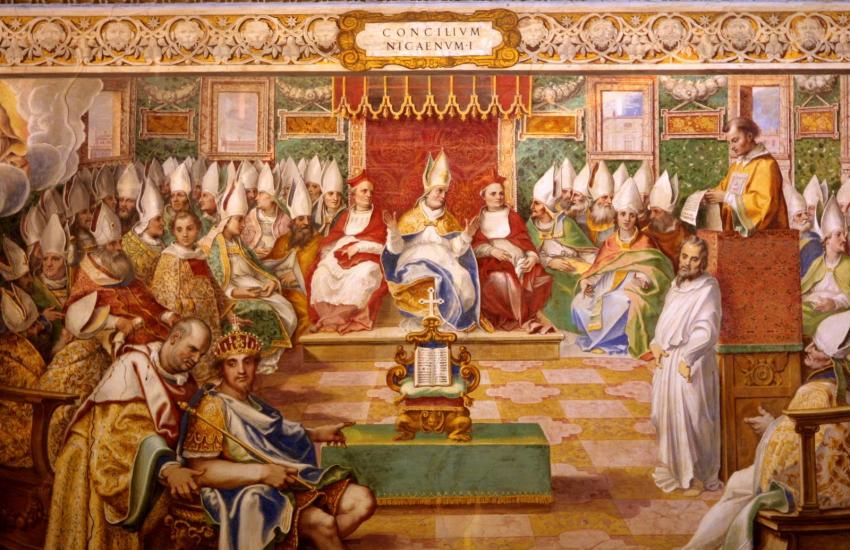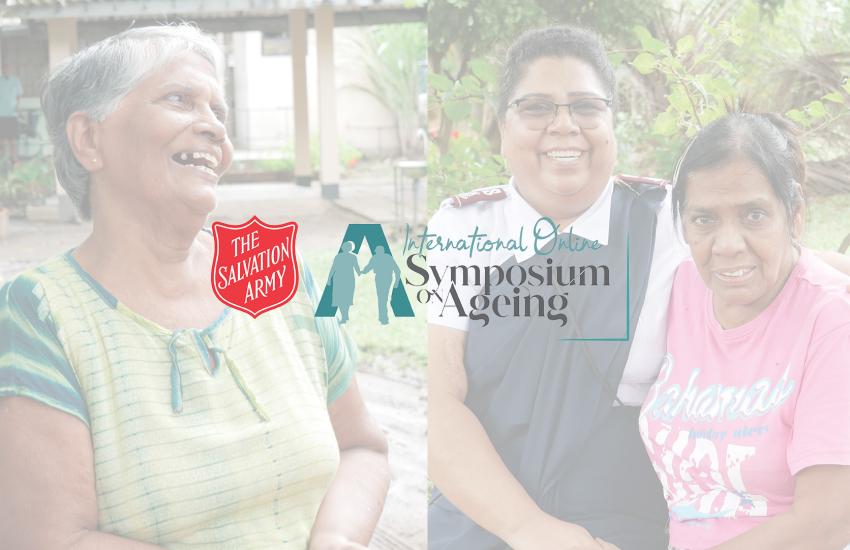THE Salvation Army in Ecuador continues to respond to the 16 April earthquake that is now known to have killed at least 570 people. Salvation Army teams are at work across the affected region, around Ecuador's north-west coast. Red Shield emergency response teams headed to Manta, Pedernales, Guayaquil and Puerto Viejo, providing food, water and other essentials to people who have been forced from their homes.
Captain Franklin Acosta (Divisional Programme Secretary, Ecuador Division) reports from Manta: 'When we arrived we saw the devastation caused by the earthquake – buildings in rubble, people lining up to buy a little bit of water, commercial premises closed.' The captain and his team spoke to the local government's emergency response coordinator and explained what The Salvation Army could offer. Later, they prepared sandwiches which were distributed, with milk, to people who were sleeping on the streets.
The captain adds: 'Looking around, it is really disheartening to see people sleeping in parks and under bridges, waiting for someone to help them. In total we gave out more than 100 rations of milk and bread.'
Afterwards some young people led the Salvation Army team to a remote area that had not received help. They discovered 500 people who had lost their homes, sleeping in makeshift tents and shelters. Captain Acosta says: 'We talked for a long time and had the opportunity to pray with them and give them words of hope.'
On Saturday 23 April, Lieut-Colonel Alex Nesterenko (Chief Secretary, South America West Territory) will head to Ecuador to support the leaders of the Ecuador Division, Majors Samuel and Gloria Flores. The colonel knows the country well as a previous divisional commander there.
The day before he arrives, a team of four disaster responders, including two with experience in Ecuador, will fly from Chile to Ecuador. Three of the reinforcements received training from The Salvation Army's International Emergency Services team as recently as October 2015. Short- and longer-term plans will be decided upon once a thorough assessment has taken place.
Commissioner Torben Eliasen (Territorial Commander) says he is grateful to have received offers of international help but explains: 'We understand the magnitude and the urgency of the situation and we want to address it wisely. We anticipate that there will be a need for short-, medium- and long-term actions and we are preparing ourselves for this.
'We do want to express our profound gratitude to all Salvationists and friends who are praying for the situation in Ecuador and sending resources to help.'
Report by IHQ Communications
International Headquarters





